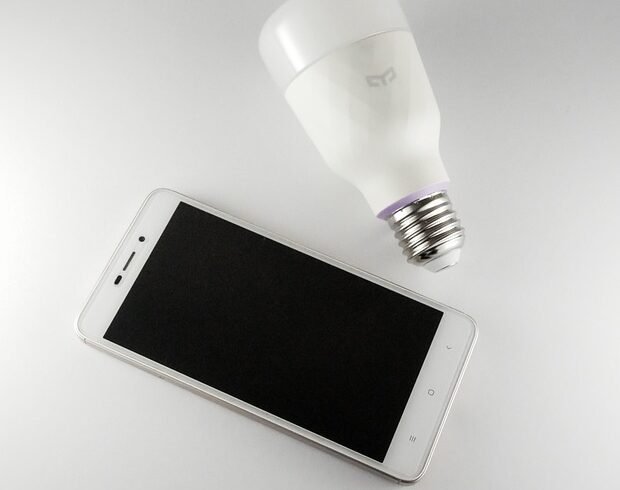Are Smart Lights Safe
- August 26, 2025
- 0
With the rise of smart home technology, smart lights have become increasingly popular due to their convenience, energy efficiency, and customizable features. However, as with any connected device,
With the rise of smart home technology, smart lights have become increasingly popular due to their convenience, energy efficiency, and customizable features. However, as with any connected device,

With the rise of smart home technology, smart lights have become increasingly popular due to their convenience, energy efficiency, and customizable features. However, as with any connected device, concerns about safety—both cybersecurity and physical risks—arise. This article explores whether smart lights are safe and what precautions users should take.
Smart lights connect to Wi-Fi or Bluetooth networks, making them potential targets for cyberattacks. Some risks include:
While smart lights are generally safe when used correctly, following these precautions can minimize risks:
✔ Buy from Reputable Brands: Stick to well-known manufacturers (like Philips Hue, LIFX, or TP-Link) that prioritize security and safety standards.
✔ Secure Your Network:
✔ Regularly Update Firmware: Ensure your smart lights receive the latest firmware updates to patch security vulnerabilities.
✔ Check Compatibility: Verify that bulbs are rated for your fixtures (e.g., damp-rated for bathrooms, enclosed-rated for enclosed spaces).
✔ Use Smart Features Securely:
Smart lights are generally safe if chosen wisely and secured properly. While cybersecurity risks exist, following best practices significantly reduces vulnerabilities. In terms of physical safety, purchasing high-quality bulbs and installing them correctly minimizes hazards. With responsible use, smart lighting remains a convenient and innovative addition to modern homes.
Would you like recommendations for specific secure smart lighting brands? Let me know!